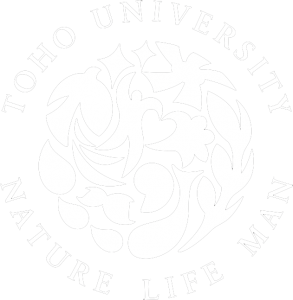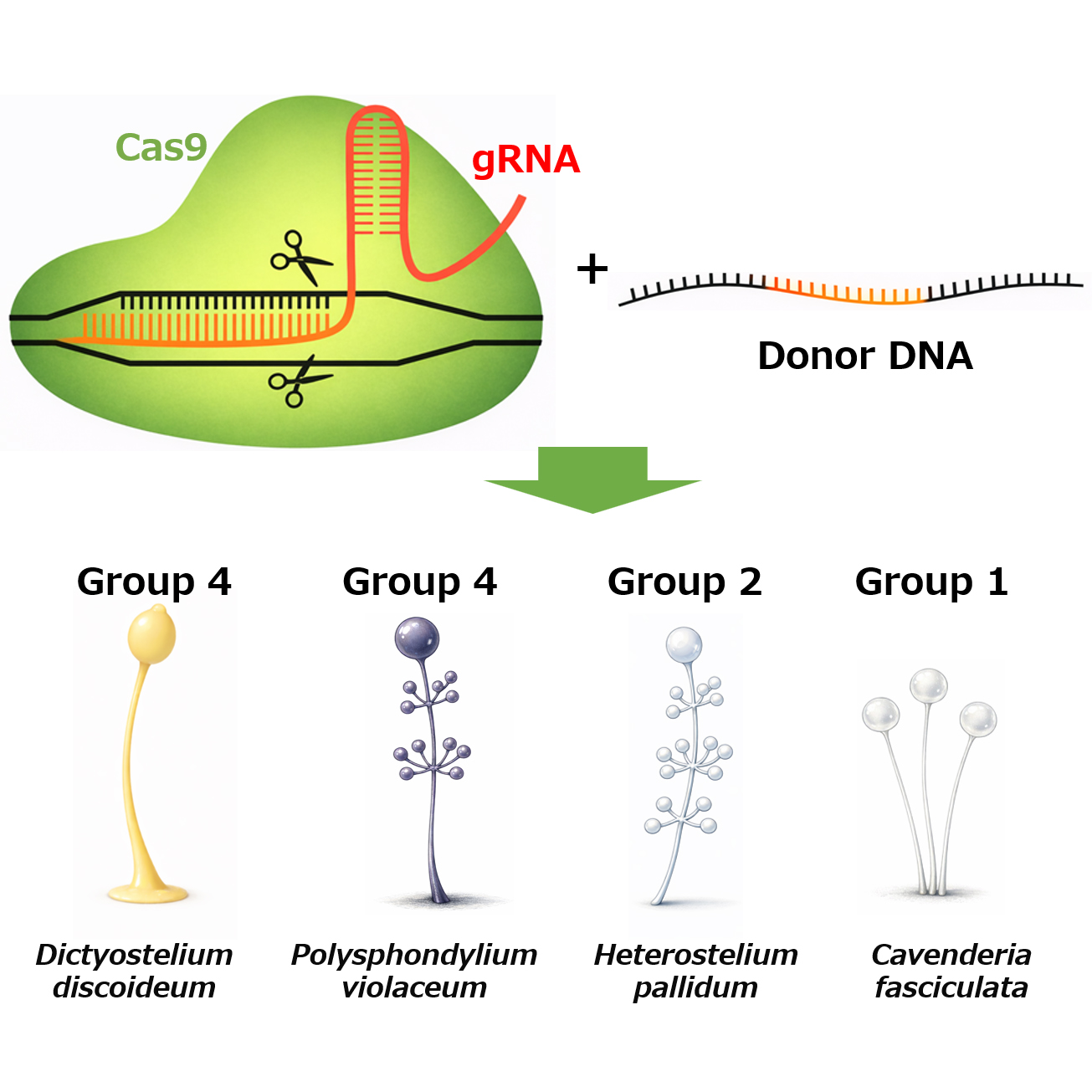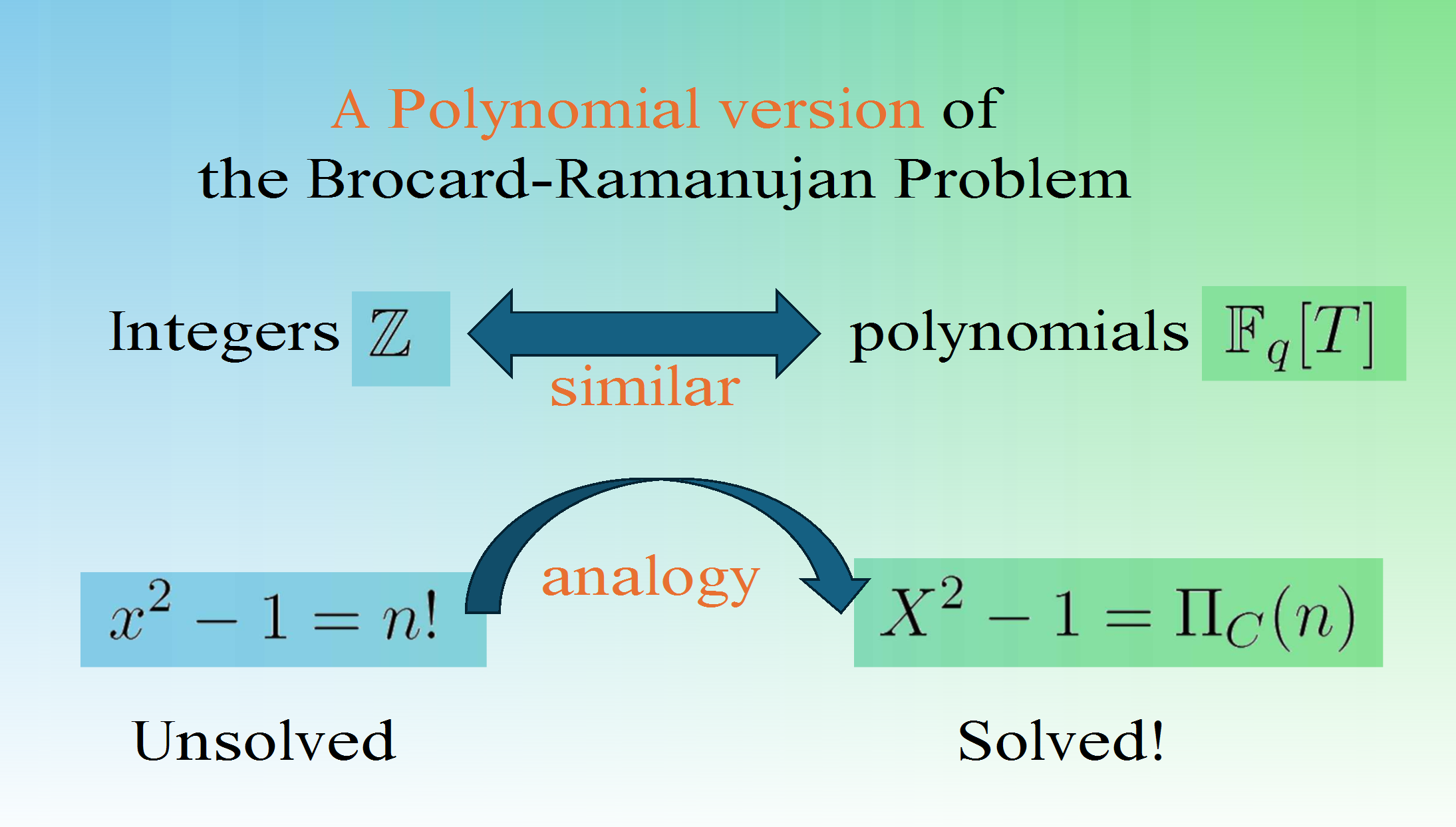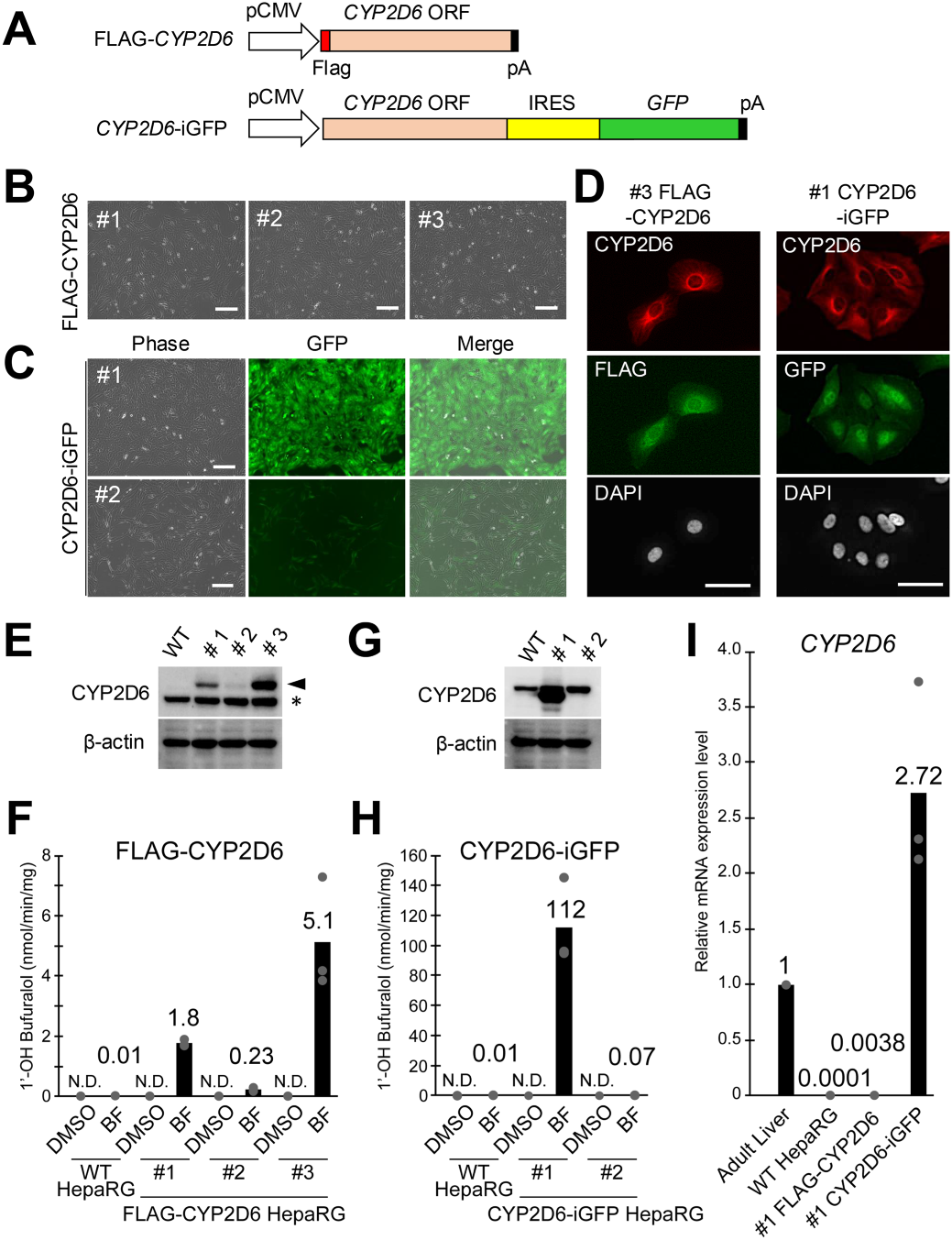We take our pride in our research work and contributions that have been highly noted in academia and industry.
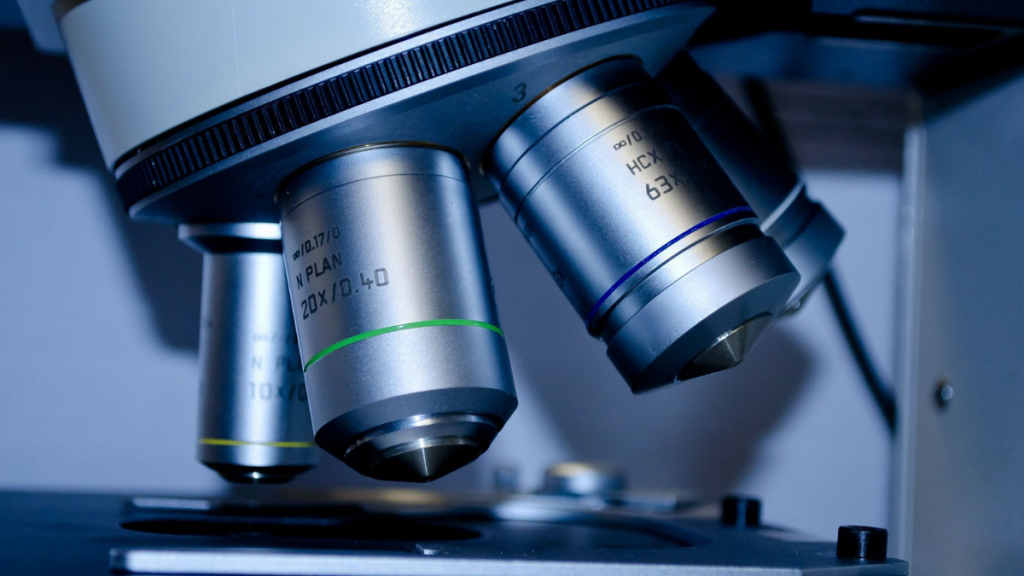
Graduate School of Science
The Graduate School of Science at Toho University was established in 1983 in order to contribute to the development of culture and the welfare of mankind through the pursuit and application of science based on the founding spirit of the university. To date, the Graduate School of Science has sent out into the world many talented individuals who have acquired the ability to discover and solve problems backed by a high level of specialized knowledge.
In addition to the acquisition of advanced specialized knowledge, we believe that students who study at the Graduate School of Science will have the “sustainability” to continue learning on their own after completing the program. Academic progress is constantly evolving. Even the most advanced technology will eventually become obsolete. In our daily lives, the common sense of yesterday may not be valid tomorrow. Therefore, the curriculum policy and diploma policy have been consolidated to achieve the goal of fostering the “skills” necessary to survive as a member of society. After graduating with a master’s or doctor’s degree, they are active as humanistic researchers, engineers, and educators in fields beyond their specialties.
CHEMISTRY (MS, PhD)
Students perform wide-ranging research and receive guidance corresponding to their capabilities and needs. We also emphasize collaborative research with other disciplines at Toho University and with other research institutions outside.
-
-
- Inorganic and Analytical Chemistry
- Organic Chemistry
- Physical Chemistry
-
BIOLOGY (MS, PhD)
We offer advanced education and research focusing on the fundamental principles of biological systems. Through our programs, students learn about the rules governing biological phenomena from a broad perspective and acquire knowledge and skills for the effective application of biological functions. As students are offered a wide choice of research fields, they can explore the themes they find most fascinating.
-
-
- Ecology
- Genetics and Evolutionary Biology
- System Biology
- Plant Science
- Clinical Examination
-
BIOMOLECULAR SCIENCE (MS, PhD)
For investigation of biological phenomena at the molecular level, students are encouraged to conduct experiments independently and take seminars that support their work in the laboratory. Our programs cover a wide range of fields from pure science to basic medicine and interdepartmental exchanges are actively pursued. In an academic environment with excellent facilities, students are contributing to the vitalization of research together with teaching staff.
-
-
- Molecular Biology
- Molecular Physiology
- Molecular Science
- Molecular Medicine
-
PHYSICS (MS, PhD)
Our objective is to cultivate outstanding individuals capable of exercising leadership in promising new fields of industrial science and technology for the benefit of society. The faculty includes teaching staff who have achieved international renown. Close relations between faculty and students are cultivated through small-group instruction. Moreover, students benefit from Toho University’s excellent facilities and equipment, which is among the best in Japanese private science universities.
-
-
- Fundamental Physics
- Condensed Matter Physics
- Applied Physics
-
INFORMATION SCIENCE (MS, PhD)
Information science covers a wide field extending from theory to applications. While focusing on fundamental education in mathematical informatics and computer science, students are encouraged to acquire robust application capabilities that will form the bedrock of their subsequent careers. Guided by teaching staff, students undertake research in particular fields: mathematical principles, communications, media science, and information processing and applications. Leading researchers give special lectures so that students keep abreast of the latest technological developments.
Information Science
ENVIRONMENTAL SCIENCE (MS, PhD)
Our programs are designed to develop individuals who will take the lead in the analysis, conservation, remediation, and creation of the environment to realize a sustainable society, which is a theme of overwhelming importance in the 21st century. Our programs are based on a systematic curriculum in five fields: environmental ecology, environmental chemistry, earth science, environmental systems, and environmental management. We focus on problem-solving research attuned to the needs of society. We welcome applicants eager to tackle environmental issues regardless of whether their majors were in the humanities or sciences.
Objectives
In the 2-year Master’s Course, we aim to develop human resources who can support science and technology in their respective fields, and in the 3-year Doctoral Course, we aim to develop human resources who can teach scientific knowledge and thinking methods to others. In addition to specialized subjects in each field, students in the Master’s Course also study bioethics, research ethics, practical scientific English, corporate research, and the relationship between science and society as subjects common to all graduate schools. In the second semester of the doctoral course, students will focus on exercises and research, and will cultivate research literacy through instruction in presenting papers at conferences in Japan and abroad and publishing papers in international journals throughout the first and second semesters.

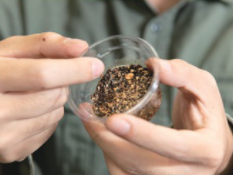
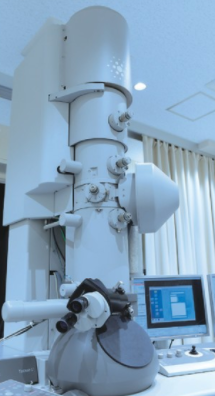
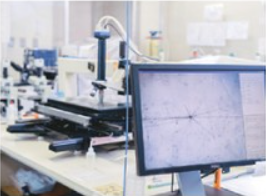
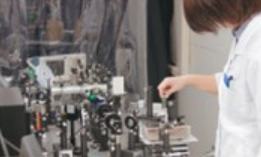


Objectives
In the 2-year Master’s Course, we aim to develop human resources who can support science and technology in their respective fields, and in the 3-year Doctoral Course, we aim to develop human resources who can teach scientific knowledge and thinking methods to others. In addition to specialized subjects in each field, students in the Master’s Course also study bioethics, research ethics, practical scientific English, corporate research, and the relationship between science and society as subjects common to all graduate schools. In the second semester of the doctoral course, students will focus on exercises and research, and will cultivate research literacy through instruction in presenting papers at conferences in Japan and abroad and publishing papers in international journals throughout the first and second semesters.
-
National Astronomical Observatory of Japan (NAOJ)National Astronomical Observatory of Japan (NAOJ)
1
-
National Institute of Infectious Diseases (NIID)National Institute of Infectious Diseases (NIID)
2
-
National Institute of Advanced Industrial Science and Technology (AIST)National Institute of Advanced Industrial Science and Technology (AIST)
3
-
National Institute of Radiological Sciences (NIRS)National Institute of Radiological Sciences (NIRS)
4
-
RIKENRIKEN
5
-
National Institute for Materials Science (NIMS)National Institute for Materials Science (NIMS)
6
-
Environmental Science Research Laboratory, Central Research Institute of Electric Power Industry (CRIEPI)Environmental Science Research Laboratory, Central Research Institute of Electric Power Industry (CRIEPI)
7
-
Yamashita Institute for OrnithologyYamashita Institute for Ornithology
8
-
Japan Chemical Analysis CenterJapan Chemical Analysis Center
9
-
Tokyo Metropolitan Institute of Medical ScienceTokyo Metropolitan Institute of Medical Science
10
-
Kazusa DNA Research Institute (KDRI)Kazusa DNA Research Institute (KDRI)
11
-
National Institute of Neurology and Psychiatry (NCNP)National Institute of Neurology and Psychiatry (NCNP)
12
-
Tokyo Metropolitan Geriatric Hospital and Institute of GerontologyTokyo Metropolitan Geriatric Hospital and Institute of Gerontology
13
-
National Cancer Center Research InstituteNational Cancer Center Research Institute
14
-
National Institute of Environmental StudiesNational Institute of Environmental Studies
15
-
The Jikei University School of MedicineThe Jikei University School of Medicine
16
-
Tokyo Women's Medical UniversityTokyo Women's Medical University
17
-
Center for Environmental Remote Sensing, Chiba UniversityCenter for Environmental Remote Sensing, Chiba University
18
Partner Institutions
RESEARCH NEWS - SCIENCE
Undergraduate Programs
– Medicine
– Pharmaceutical Sciences
– Science
– Nursing
– Health Science
Graduate Programs
–Medicine
–Pharmaceutical Sciences
–Science
–Nursing
RESEARCH
– News
– Guidelines & Policies
– Support Offices
– Facilities
– Security Export Control
Non-Degree Programs
– Clinical Elective Program
– International Physician Observership Program
